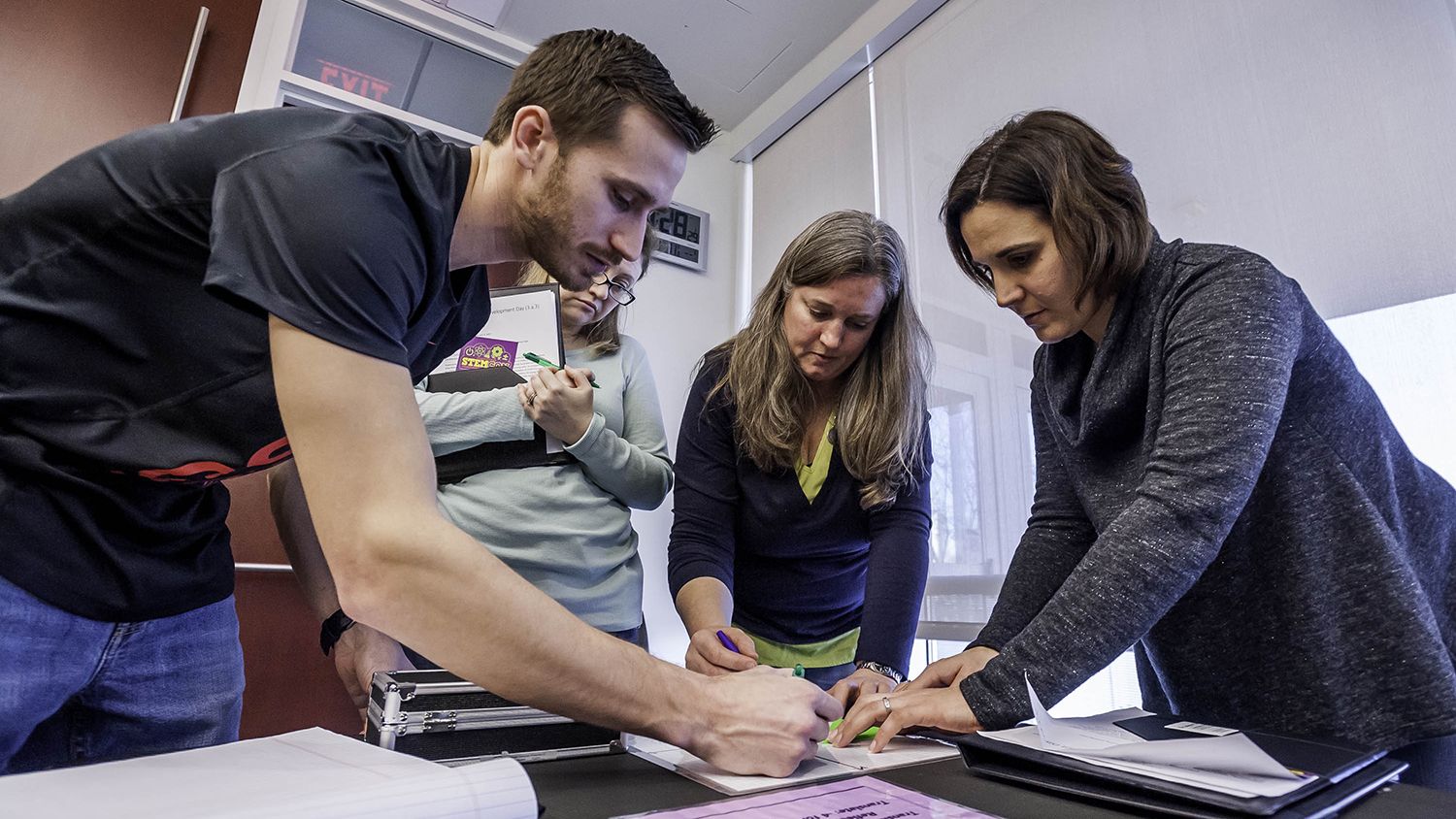
A survey into team coaching supervision
30th June 2017
Leading and learning in team coaching
5th July 2017Imposter syndrome or great coaching?

Lis Merrick has written a comprehensive piece on her blog about imposter syndrome, Women at work – Are you faking it? This phenomenon affects both men and women, particularly those who are successful. So, without regurgitating Lis’s piece, let me share what the theme raises for me, because I find it often occurs in supervision dialogue.
In supervision, I find that clients don’t tend to say ‘I’m a fraud’, or ‘I’m faking it’, but rather they express their concern by saying, ‘I’m not sure if I’m offering enough value’, or, ‘I don’t seem to be making much difference with my coachee.’ They may get anxious if the client isn’t changing fast enough (see my post about liminality), or if they aren’t reaching the coaching goals within a given time span or number of sessions. This all feeds into their own sense of inadequacy and can undermine their confidence.
Looking at this through a psychodynamic lens, we might say that the coach’s client has projected their own imposter onto the coach. Or, indeed, maybe the coach does feel like a fraud but frames it differently to ease their own embarrassment at the admission.

However, I’d like offer a different perspective on this. Often the coach is doing a fantastic job by holding the space for the client (particularly if she or he is at executive level), to show up, think, reflect, rest between periods of tsunami-like activity and bombardment from all directions with emails, texts, phone calls, mass media intrusion, and the hurly-burly of the day to day.
Actually having dedicated time and space to slow down and consider what is going on can be hugely beneficial for the client, but may not result in visible, tangible results in any given coaching session. Equally, clients often reflect that they share aspects or experiences about themselves that they have never told anyone. So how do we ‘rate’ or ‘score’ the trust, the safety and the listening of the coach who creates this space for the client to disclose and thus free themselves from the burden of holding the ‘secrets’ about themselves inside? Wow!
Diagram from Sakulku, J. Alexander, J., The Imposter Phenomenon, International Journal of Behavioral Science, Behavioral Science Research Institute 2011, Vol. 6, No.1, 73-92
Photo: Erik K Veland




